Nursing is a remarkable profession that provides an indispensable service. We are highly educated and skilled in what we do. We are decision makers and problem solvers who take responsibility for our patients’ needs 24 hours a day. Without nurses, health services would grind to a halt. Many of us experience a vague feeling of embarrassment when asked in a social setting what our job is and answer with something like “Oh, I’m just a nurse.”
This reaction could be due to a mental awareness of other people’s misconceptions and stereotypes about nurses and nursing and their reasonable unspoken judgments. By highlighting these misconceptions, we might become more aware of our misguided reactions to them. It should also motivate us to counteract them whenever possible.
1. Nursing is a woman’s profession
Yes, the majority of nurses are female, but more and more men are entering the profession. According to a report by the U.S. Census Bureau, men represented 9.6% of all registered nurses in 2011 compared to only 2.7% in 1970.
However, the fact that the public still sees nursing as a women’s profession is probably responsible for many of the other misconceptions in a world which are still largely male-dominated. These misconceptions are also at the root of many of the pressing issues faced by profession.
2. A nurse’s job is to follow doctor’s orders
Many uninformed people still see nurses as the doctor’s handmaiden whose only role is to execute the doctor’s orders. The fact is that nurses report to seniors who are also nurses. The professional nurse has independent nursing responsibilities for her patients.
“Many uninformed people still see nurses as the doctor’s handmaiden…”
This even includes pointing out to the doctor should he has accidentally made a mistake that could affect the well-being of the patient, for example on a prescription. Physicians and nurses work together as a team where the doctor is largely based on the nurse’s observations, interventions, and feedback regarding their patients.
3. Nurses are sexually promiscuous
As if we have sex-appeal at the end of our shift with uniforms covered in a variety of body fluids and our whole appearance screaming exhaustion!
A study in the UK found that nursing is the job which is sexually fantasized about the most and we are all painfully aware of the sexualized images of nurses in the media. This stereotype, which is connected with a caring and service role, reflects the classic male-female dominant-submissive role. It is probably also linked to the close contact with our patients and the sometimes very personal functions we have to perform for them. There is also the suggestion that viewing the nurse as a handmaiden and a bimbo might help some men handle the idea that nurses have power over them in the clinical setting.
The reinforcement of the nurse as a sexual object in many television series, movies and advertisements do nothing to promote an accurate image of the profession. One wonders how this influences recruitment to nursing, disrespect for nurses as well as sexual violence in the workplace?
4. Nurses are ministering angels
In contrast to the above is the perception of nurses as dedicated ministering angels, with a “calling” to care for humanity with endless love and patience. This view is rooted in the fact that throughout the world, nursing had its beginnings in the care provided by religious orders.
This misconception still affects the profession today with nurses expected to work for lower pay than those in comparable jobs, performing highly skilled and high-pressure work for long hours and often missing breaks in the interest of their patients. While nurses are known to put patient care before their needs, nursing today is a career like any other. As in any other workplace, nurse’s conditions of service should be fair.
5. Nurses couldn’t make it as doctors
Some believe that women who aren’t smart enough to become doctors choose to be a nurse as the second best. There is a vast difference between the role and functions of these two professions. The majority of nurses specifically chose nursing as a career and most are motivated by the opportunity to provide holistic care, in close interaction with the patient.
“Some believe that women who aren’t smart enough to become doctors choose to be a nurse as the second best…”
Professional nursing requires extensive study, increasingly at the baccalaureate level. To qualify in a specialized area of nursing, even up to the level of a doctoral degree, needs as many years of study as it takes to be eligible as a doctor.
6. A nurse’s job is to do menial tasks and dirty work
Few members of the public who have not had close contact with nursing realize what complex and highly skilled work they do, many of them saving lives on a daily basis. The nurse’s actions, such as taking a patient’s blood pressure or adjusting an IV, might appear menial. However, an observer won’t know about the intellectual activity, regarding observation, assessment and problem-solving, associated with these tasks. This is the part of the professional nurse’s work that requires many years of intensive study.
And sure, some of the nurse’s work can be described as “dirty” but this is only a small part of what the nurse does. These activities are essential functions to do for patients what they are unable to do for themselves.
The public misconceptions about nursing and nurses have a far-reaching effect on the profession. They underlie many of the issues in nursing such as low recruitment of students into the profession, nurses leaving the profession, and especially public funding to ensure adequate staffing levels, especially of registered nurses. Within her social circles, every nurse should help to counteract these misconceptions and to communicate what and who the nurse is. Hold your head up high and be proud of what you do!

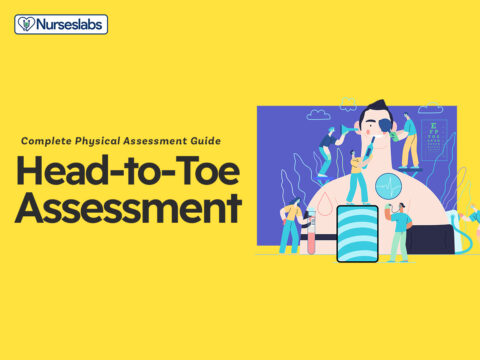
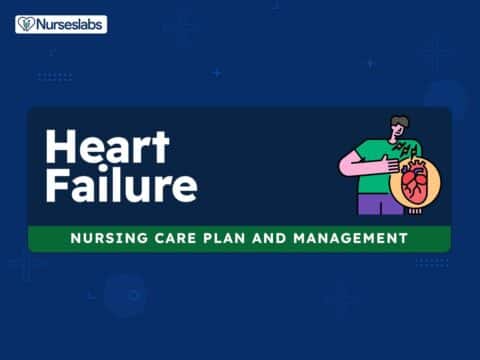

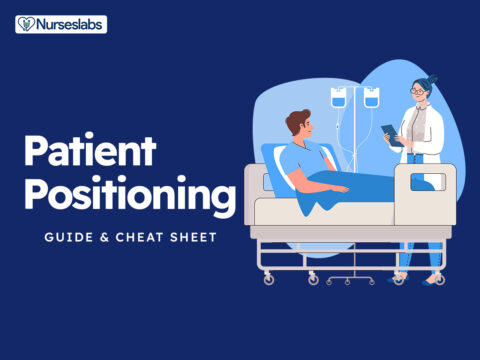
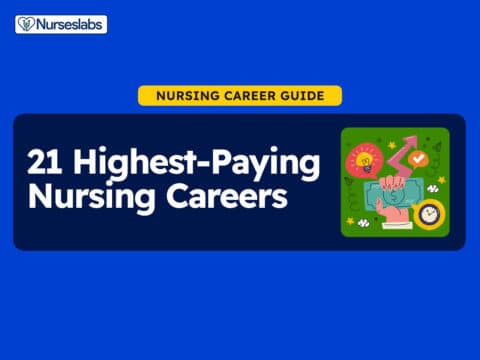


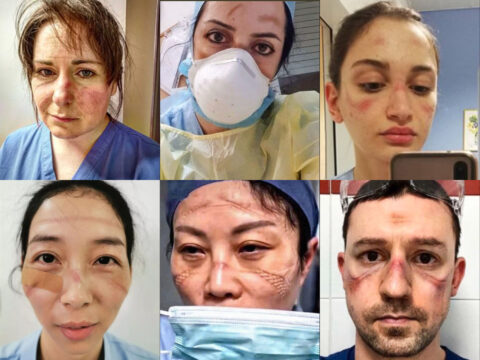
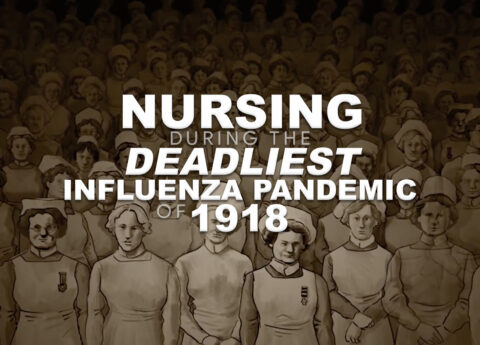



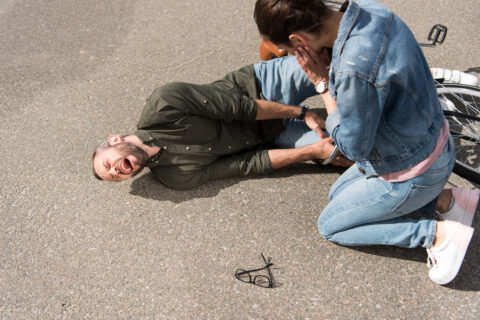



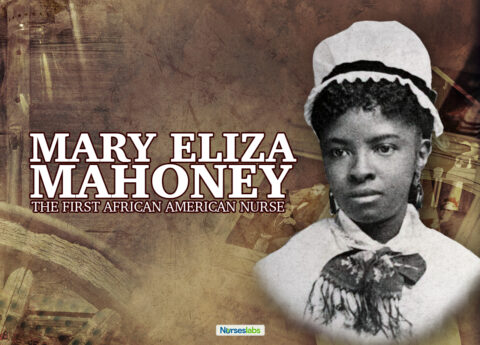







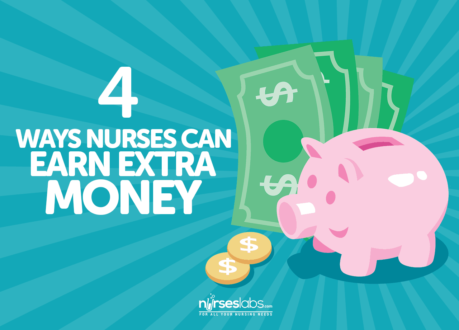
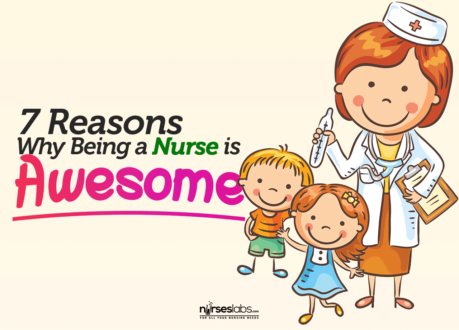
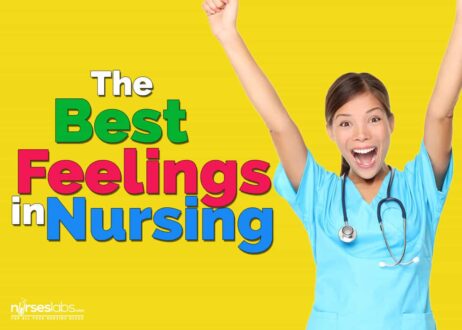


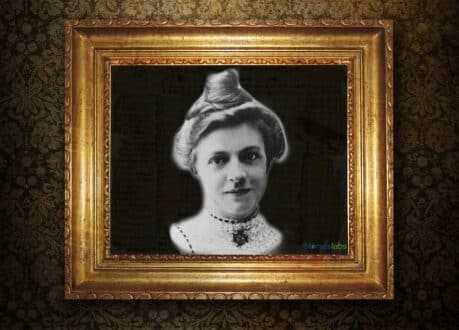





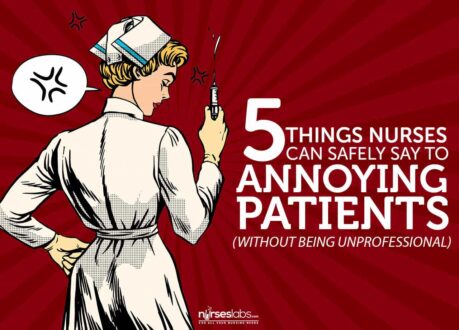
Leave a Comment